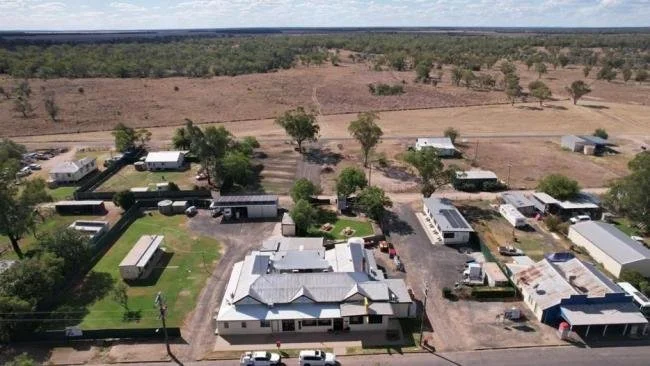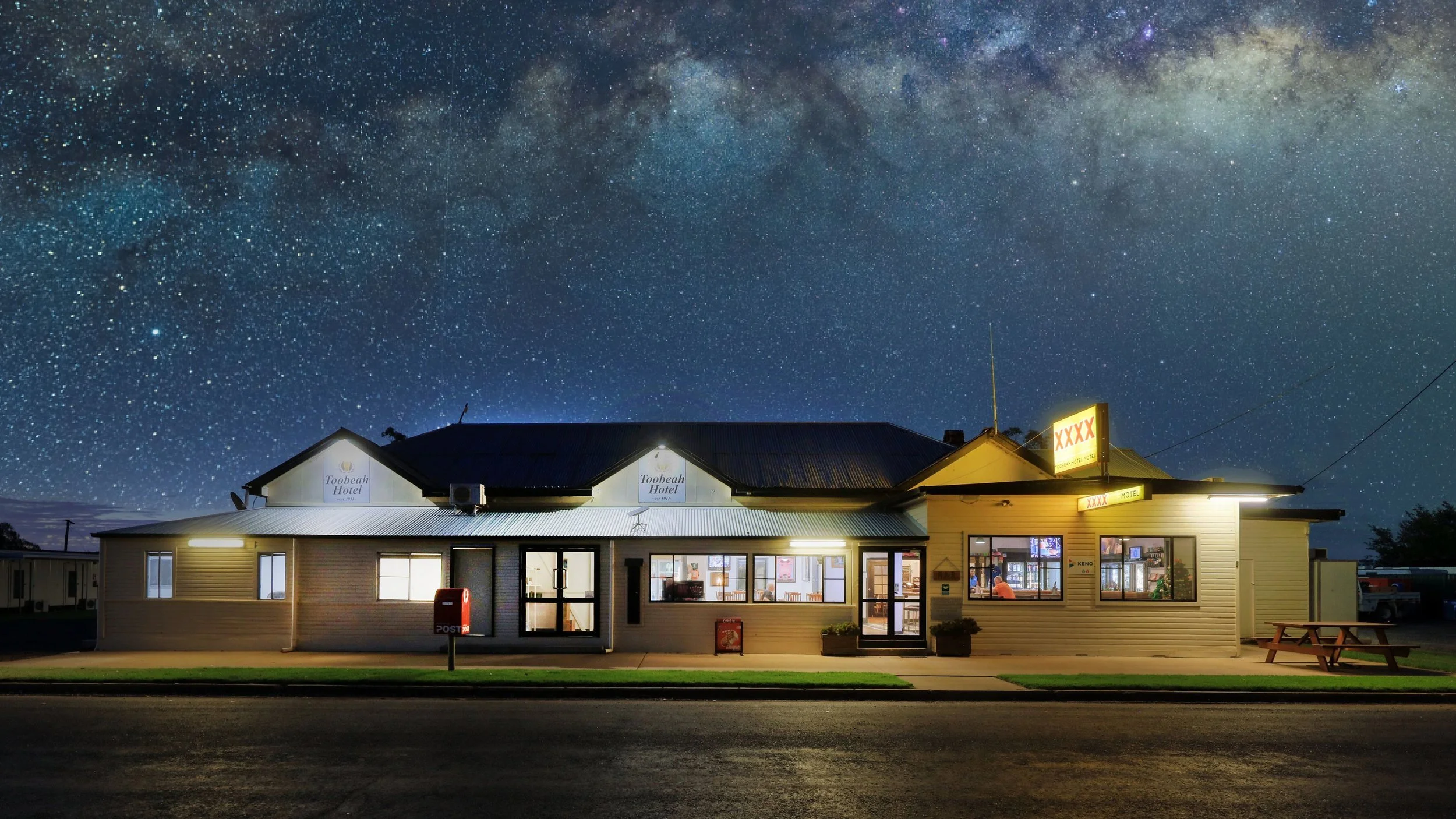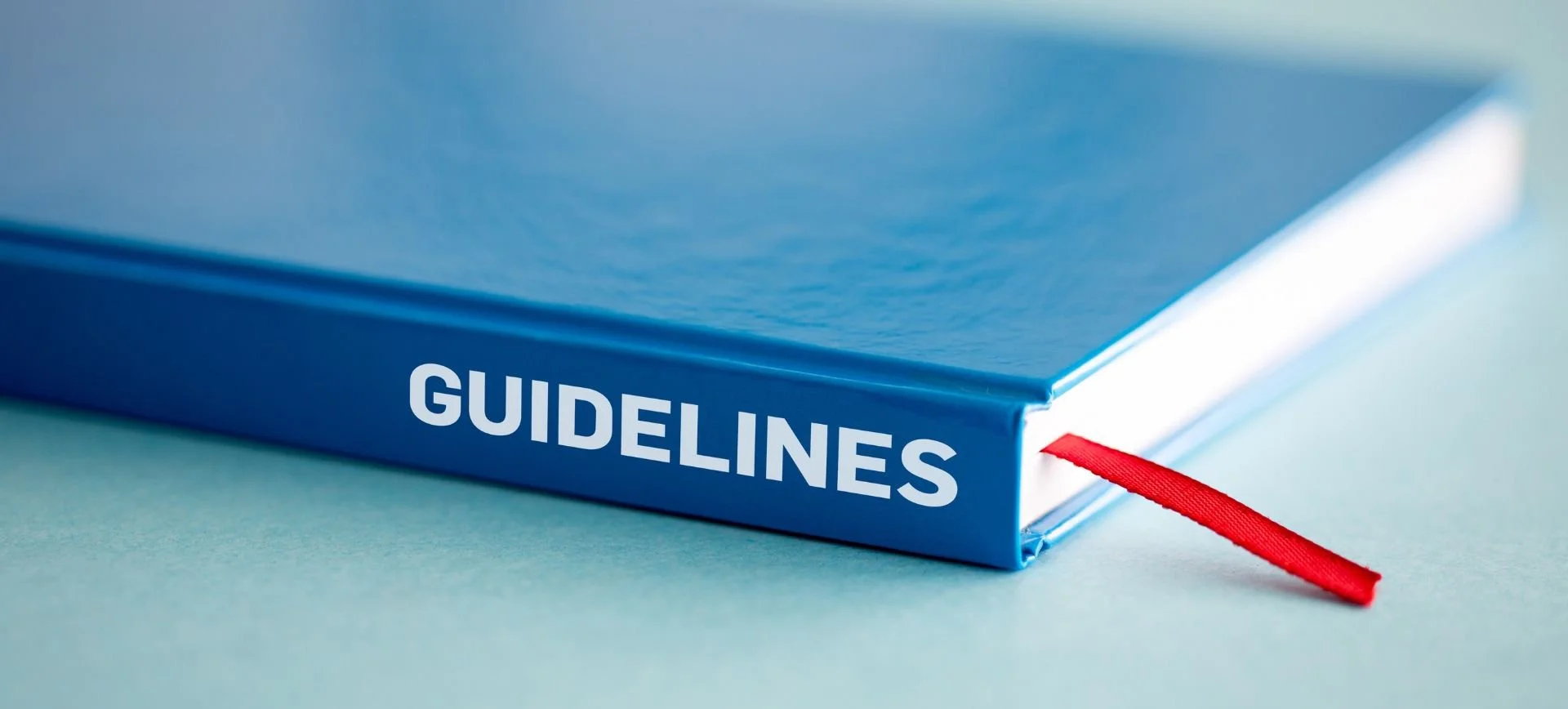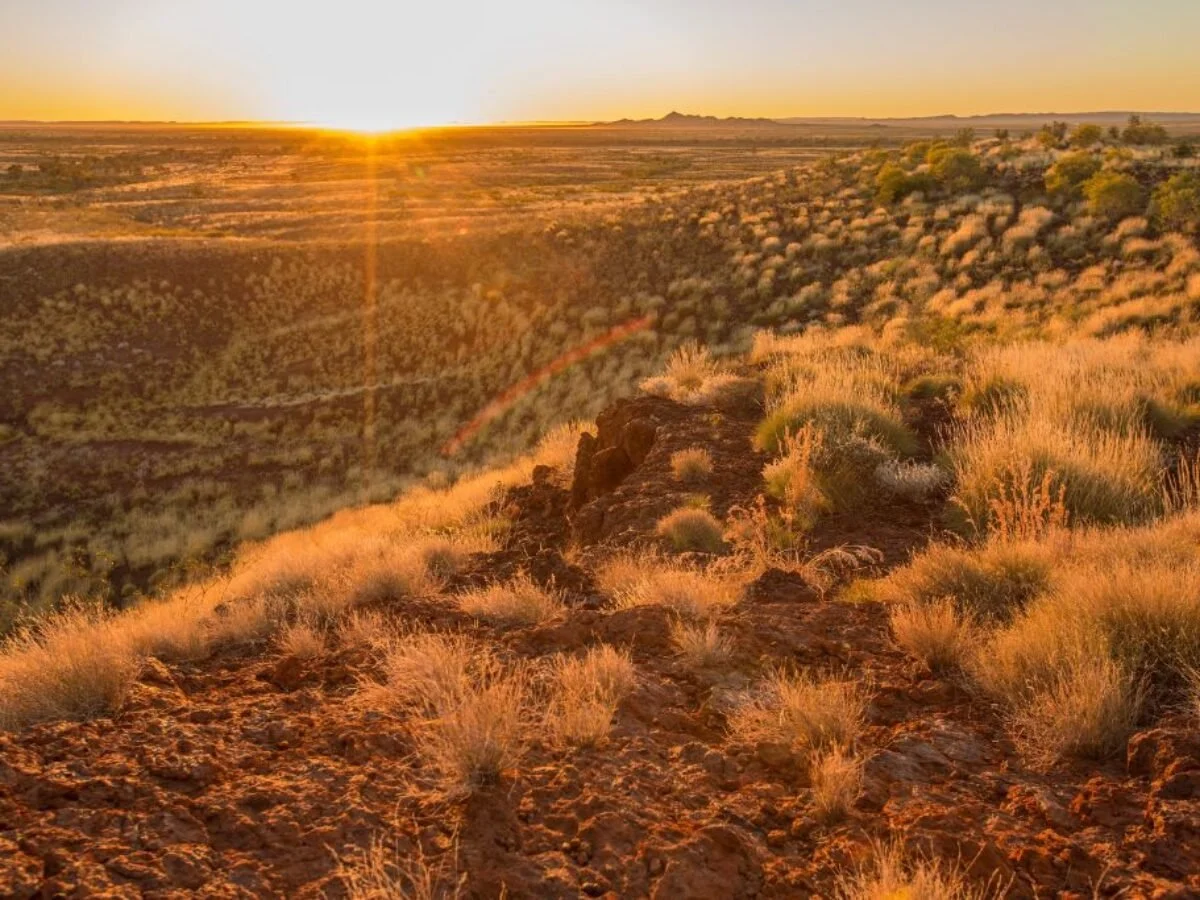
Aboriginal Land Act - What do you stand to lose?
Discover the impact of recent changes to land management in Queensland and how it affects public access to Crown land.
Raise money to fight the Aboriginal Land Act on behalf of the 15 towns affected so far.
In situations where native title may continue to exist over unallocated state land (USL), there is a need to clarify when an exchange approach or revenue share arrangement is necessary.
Aboriginal Freehold Land is a type of private property owned collectively by its traditional Aboriginal owners under a special freehold title provided by the Aboriginal Land Act. This title cannot be sold or mortgaged, but the land can be leased or developed like regular freehold land.
Please help us by signing this petition on the claim - Henry Pike MP
Learn More About Your Town's Future (Is your Town Next?)
Native Title Determinations and Crown Land Management: Rights, Negotiations, and Control in Aboriginal Land Use
Native Title Determination
A Native title determination grants Aboriginal Corporations both exclusive and non-exclusive rights over a specific area of land. The majority of the land in these areas is typically granted as non-exclusive Native title, meaning that while the Aboriginal Corporation has rights, others can also use the land under certain conditions. These rights apply to every piece of state land within the determination area.
Negotiation and Reparations
In areas where the state or local councils have used the land, negotiations are required between the Aboriginal Corporation and the government. These negotiations lead to reparations, which compensate the Aboriginal Corporation for the prior use of their land by the state or councils. This process is part of ensuring that the rights of the Aboriginal Corporation are respected and compensated.
Control Over Renewable Energy Projects
Aboriginal Corporations in determination areas can exert considerable control over renewable energy projects through Independent Land Use Agreements (ILUA). These agreements allow the corporation to influence project negotiations by managing cultural heritage surveys, which are critical for project approvals. This control is described as giving the Aboriginal Corporation significant leverage, similar to "Mafia-type control," allowing them to negotiate favorable terms for themselves and their associated business partners.
Understanding Crown Land
Crown land, also referred to as state land, is owned by the government on behalf of the public and is managed for the community's benefit. This land includes parks, stock routes, reserves, rivers, and beaches, which are essential public spaces. The management of Crown land involves a partnership between the government and the community to ensure it serves public interests.
Types of Reserves on Crown Land
Crown land is designated for various purposes through different types of reserves. These include police reserves, camping reserves, Queensland education reserves, and camping and water reserves along stock routes. Each type of reserve serves specific community needs while ensuring that these lands are preserved and accessible for public use.
Toobeah Reserve
-
Statement from the people of Toobeah
The people of Toobeah refuse to participate in negotiations regarding their town's future, expressing concerns over secretive dealings between government officials and the Bigambul Aboriginal Corporation. They argue that Aboriginal Freehold benefits only a small percentage of the Aboriginal population and call for a united approach to finding a practical solution.
-
Toobeah Reserve – Miscellaneous Notes
The Bigambul Native Title Claim has been criticized for fabricating histories and excluding family groups, leading to ongoing legal disputes, governance issues, and community distress. Despite significant flaws in the Native Title process and governance, including financial mismanagement, the claim was allowed to proceed, resulting in tensions with the Gamilaroi people and unresolved legal matters.
What Do We Want?
People are increasingly asking the Queensland Government to stop giving away Crown land, which is supposed to be for all Australians, to Aboriginal Corporations without proper reasons and without talking to everyone who might be affected.
It's important to know that Aboriginal freehold land is different from Native Title.
Right now, the Department of Resources is secretly giving large pieces of unallocated State Land (USL) in about 15 Queensland towns to Aboriginal Corporations. So far, they’ve named only three towns: Toobeah, Happy Valley, and Eurong on K’gari (Fraser Island), but they won’t say which the other 12 towns are.
We believe the government should stop giving away this land until they can prove it's necessary and talk openly with everyone who could be affected by these decisions.
A recent change to the Aboriginal Land Act, which quietly passed in April, now lets Aboriginal Corporations claim land without showing how they plan to use it. They only need to say they want it.
This seems unfair because it could keep non-Aboriginal Australians from using land that has been public for many years.
We think the whole process needs a proper review before any more land is given away as exclusive Aboriginal freehold.
Want to help?
Donate to our advertising and promotion fund
Newest in the News
-

Queensland government slammed by MP Keith Pitt over alleged lack of transparency of Aboriginal land transfers
Queensland's Labor government has vehemently denied an accusation made by a Nationals MP of being part of a 'cover up' over land transfers to…
-

'Another cover up': Queensland government attacked for lack of transparency over Aboriginal land transfers
The Queensland government has been accused of engaging in a “cover up” over the amount of land that is being transferred to local Aboriginal groups…
-

Concerns Raised Over Extent of Land Transfer Powers Under Aboriginal Land Act
An outback pub manager is calling for action as he fears 95 percent of land in his hometown could be handed to an Aboriginal corporation…


